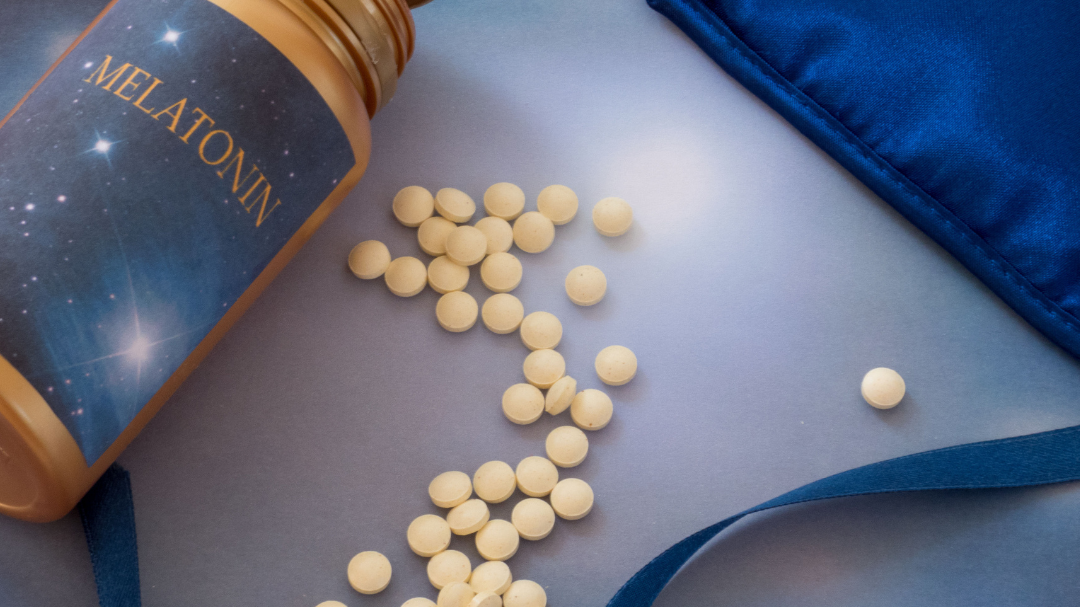Can mindfulness curb opioid addiction and pain? U. of U. researchers says it can help.
Mar 1, 2022, 8:18 PM | Updated: Mar 2, 2022, 12:50 pm

Salt Lake County will be receiving $57 million over the next 18 years from in opioid settlement.
SALT LAKE CITY — A new study coming out of the University of Utah has found that mindfulness therapy can help reduce opioid use and misuse as well as chronic pain.
Dr. Eric Garland is a professor in the University of Utah College of Social Work and director of the Center on Mindfulness and Integrative Health Intervention Development. He joined Inside Sources host Boyd Matheson to discuss mindfulness and opioid addiction.
Find out more about the study.
Coping with pain
Boyd said he has suffered chronic pain for about 30 years.
“So, this is one that is near and dear to me. . . . For our listeners who may not be so aware of what mindfulness is describe it for us just a little bit and how you’re actually applying that as it relates to chronic pain and especially opioid misuse.”
“Mindfulness is a form of mental training. I like to think of it as mental exercise in the same way that you do physical exercise to strengthen the health of the body,” Garland said.
He said patients are taught mindfulness to cope with pain by focusing on the sensations of their bodies while simultaneously separating those sensations from their emotional reactions to them.
Separating pain from emotion
Pain is upsetting, bringing anger, sadness and stress, which increases pain levels in the brain, he said.
“We teach people to use mindfulness to separate out their emotional reactions and to just break down the sensation of pain into feelings of warmth or tightness or tingling, alleviating the overall experience of pain,” Garland said.
Mindfulness helps patients understand opioid use and misuse
Mindfulness can also help patients gain self-awareness and self-control of their opioid use.
“Were [patients] taking the opioid out of habit? Were they taking it to relieve their physical pain? Or maybe they were taking the opioid to alleviate their stress or their anxiety or other negative emotions. This helped people to get insight into [opioid use] and make good decisions about their health,” Garland said.
“Mindfulness for me, anyway, was that ability to be present so that you’re making all of those choices in a more positive, more intentional way, rather than as you said, doctor, just reacting,” Boyd said.
Wanting to reduce their use of pain meds, patients applied mindfulness to decrease their pain when they normally would have taken an opioid tablet, Garland said.
“They could actually push out their dose until the next time they needed to take the pill. So, in this way, patients are able to actually cut their opioid use,” he said.
Garland noted that pain can cause depressed moods and affect every aspect of a person’s life from work to relationships. He said mindfulness can significantly reduce depression and increase a sense of well-being.
To learn more about mindfulness, Garland suggested:
Center on Mindfulness and Integrative Health Intervention Development
The National Center for Complementary and Integrative Health
Inside Sources with Boyd Matheson can be heard weekdays from 1 p.m. to 3 p.m. on KSL NewsRadio. Users can find the show on the KSL NewsRadio website and app.













